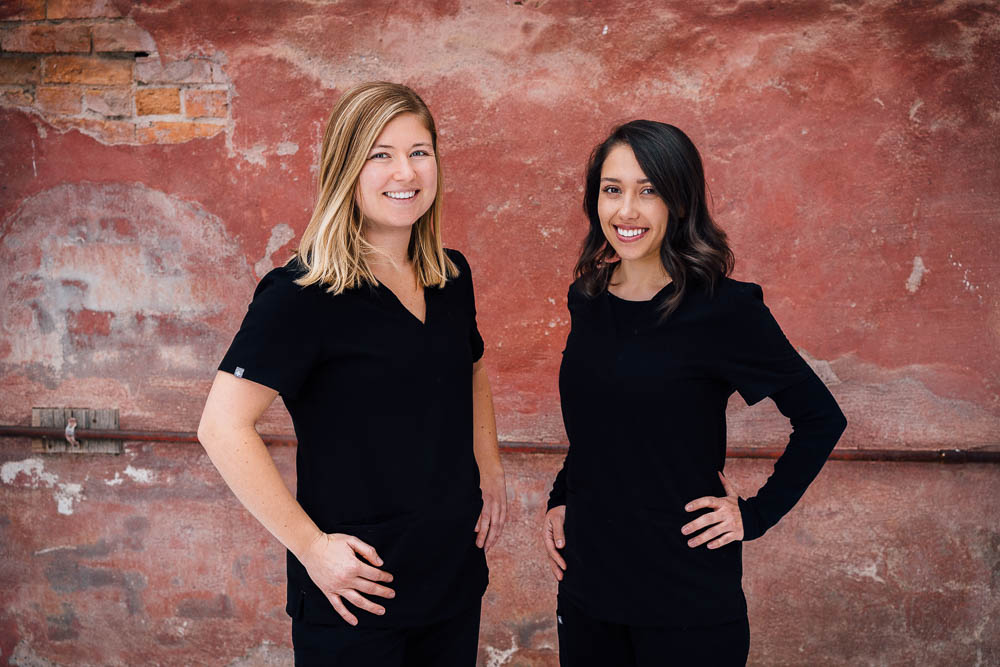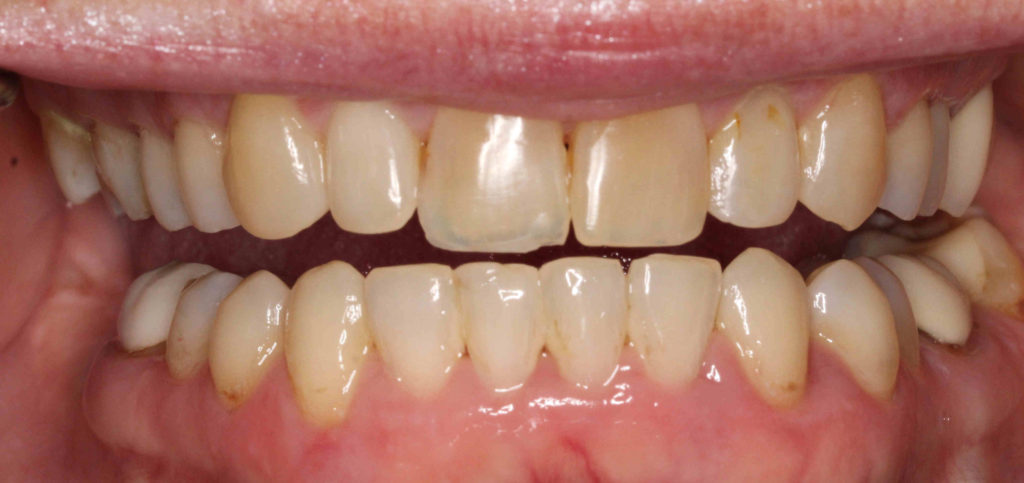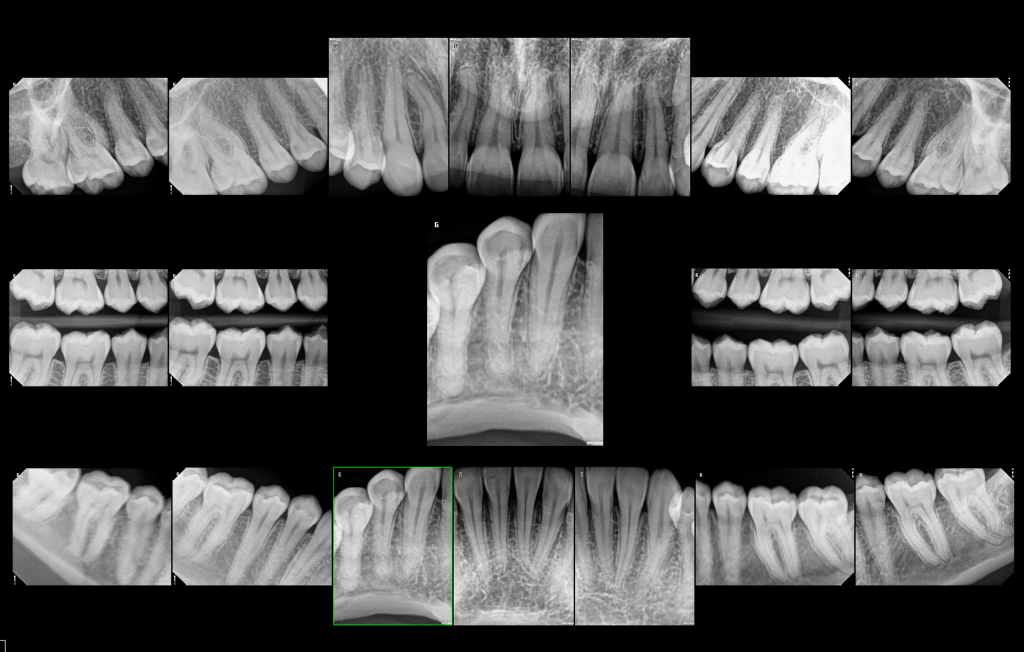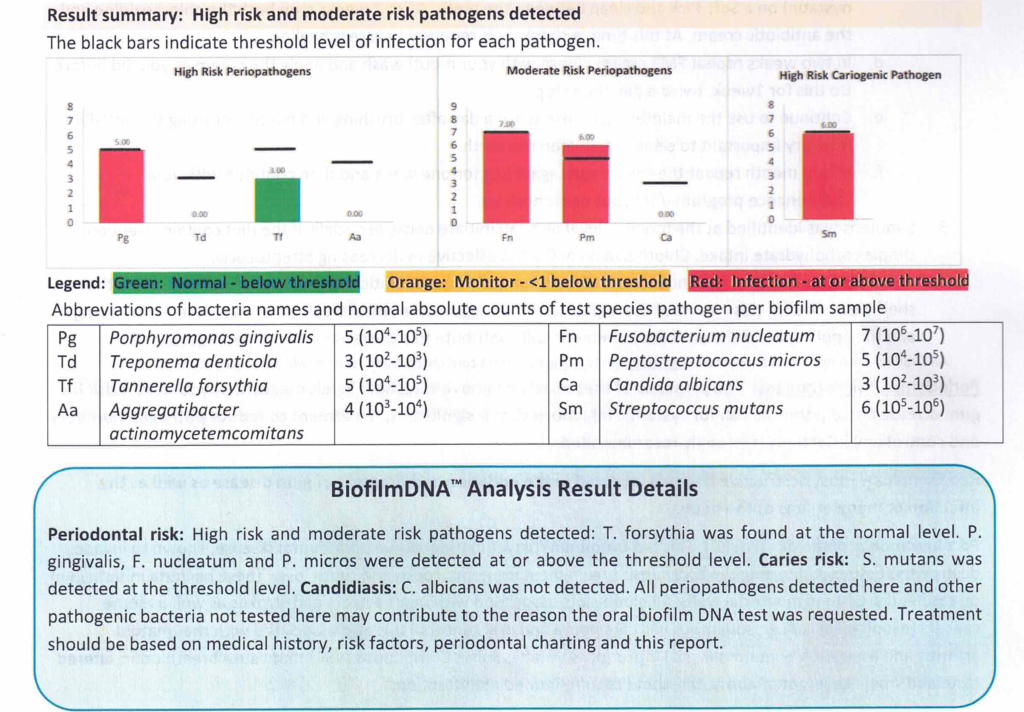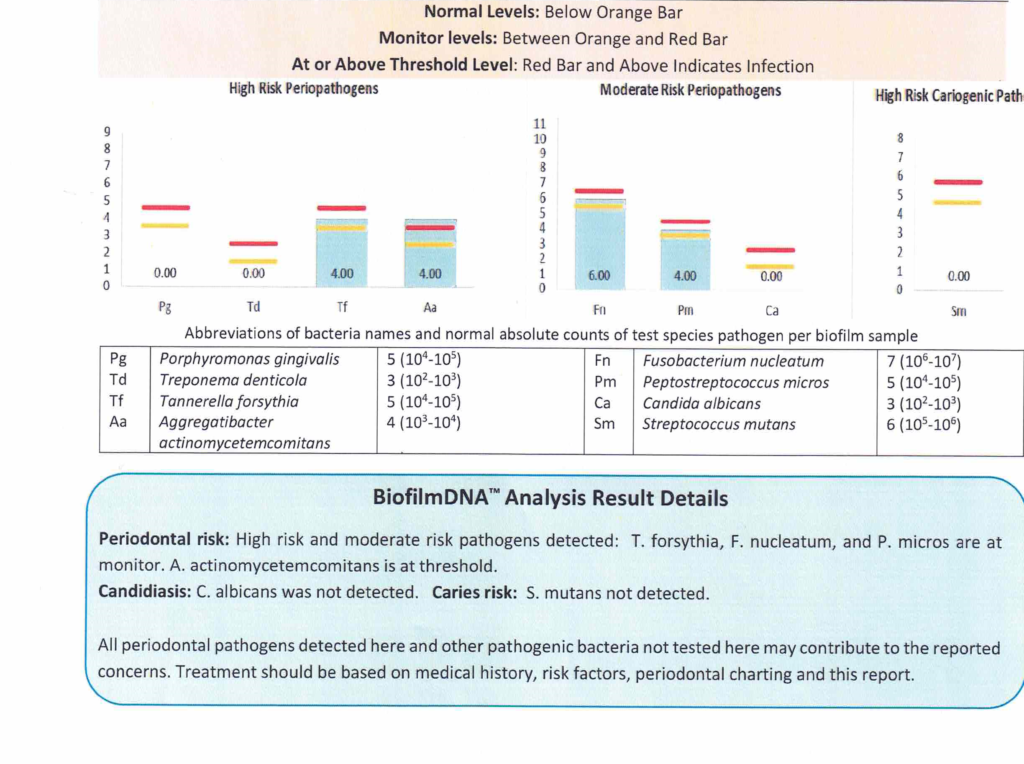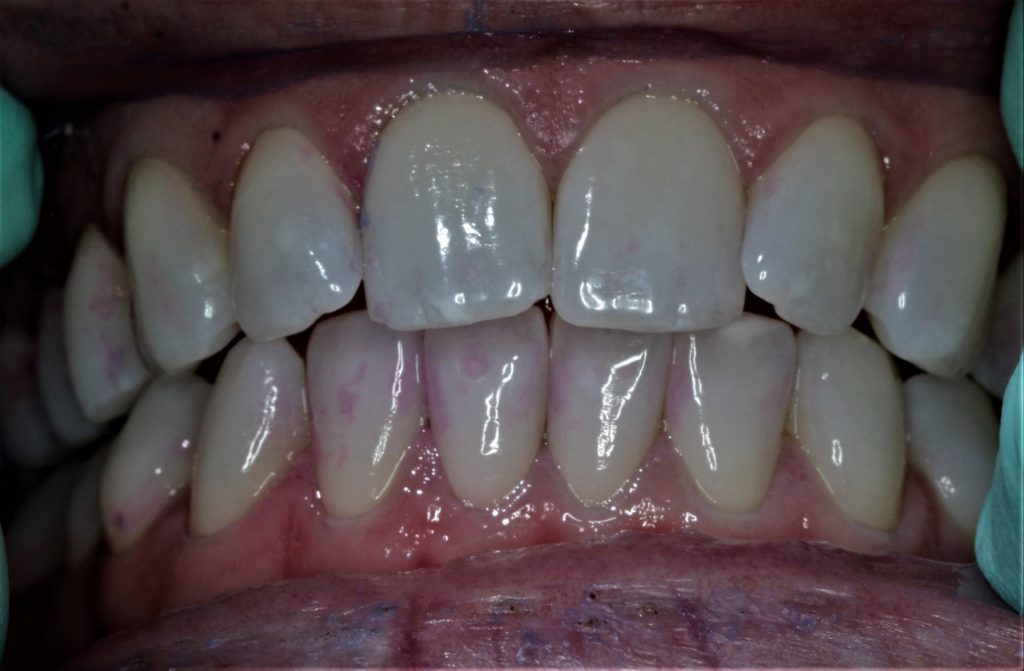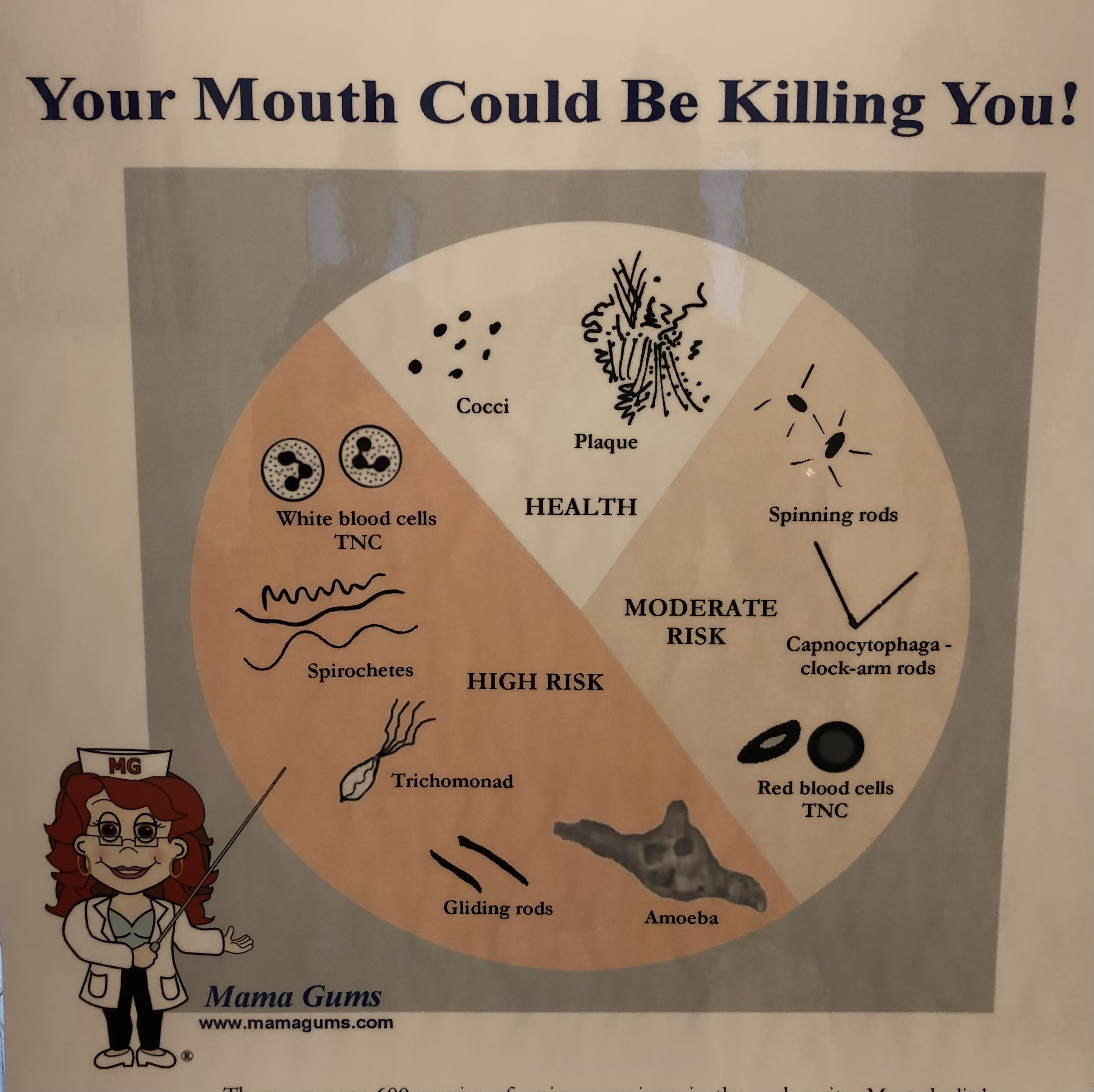People set resolutions in January, we set goals and create habits daily. The problem with resolutions is that they force us to make an immediate, firm decision to either do something or not do something. They don’t allow adjustments and grace, they rarely have structure around them, and often times they require an overwhelming, drastic change. Sometimes the change is so drastic and out of a person’s comfort zone that it can become stifling; this creates an immediate feeling of failure before the person even begins to work toward their resolutions.
In our office, we consider ourselves to be a group of driven, goal oriented women and despite our best efforts we still struggle to create change and follow through sometimes. We have huge ideas, big dreams, and a long list of things we’d like to accomplish, however sometimes we struggle to know where to start.
Our advice:
-Make a list and prioritize, and then start small. Decide which small change you’d like to set as your foundation. Choose something that is small enough and strong enough to support all other changes.
-Be realistic, not drastic. If you never floss it might not be realistic to set a goal to floss 2x a day everyday for the rest of your life. Instead, a more realistic goal might be to start flossing 2-3 times per week. Progress, not perfection.
-Understand that you are not perfect. Understand that the world around you is not perfect and that you will likely never be surrounded by ideal or perfect circumstances. There are very few things we can actually control, however we can always control how we respond to a circumstance or situation. We can control how much grace we give ourselves. We can control our mindset. We can also adjust our goals to align with our circumstances.
Goals allow us to adjust. Goals are adaptable. Goals are measurable. Goals can be fluid, when resolutions are firm. Goals can be small or large. Goals can be prioritized. Goals can be specific. Goals are achieved by implementing small, positive habits.
______________________________
We want our patients to create habits that help them reach their goals. For this reason, we created a monthly habit tracker.
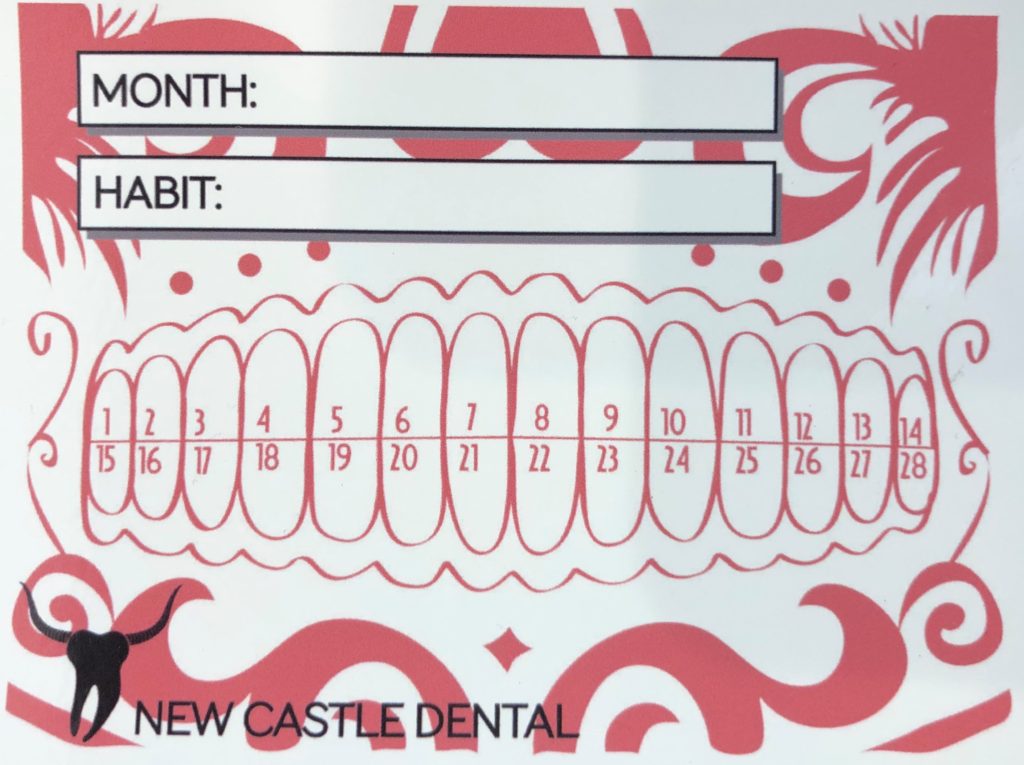
In creating the habit tracker, our hope is that we can help you choose a foundation that will support a larger goal. Navigating the process of creating a small positive change will create motivation to continue working toward larger goals and making additional changes. The habit tracker provides accountability and helps keep track of your efforts.
Going back to the example about flossing, flossing more frequently can create a foundation for other oral health habits. Once you have been successfully able to implement flossing, your foundation will be solid enough to support the implementation of another small habit that will bring you one step closer to whatever your overall goal may be!
______________________________
For the past 2 months Dr. Roper has been using the habit tracker to ensure that she is taking her daily dose of vitamin D, a small part of her goal of achieving optimal overall health and wellness. Taking a vitamin D supplement is a small task that will make a big difference.
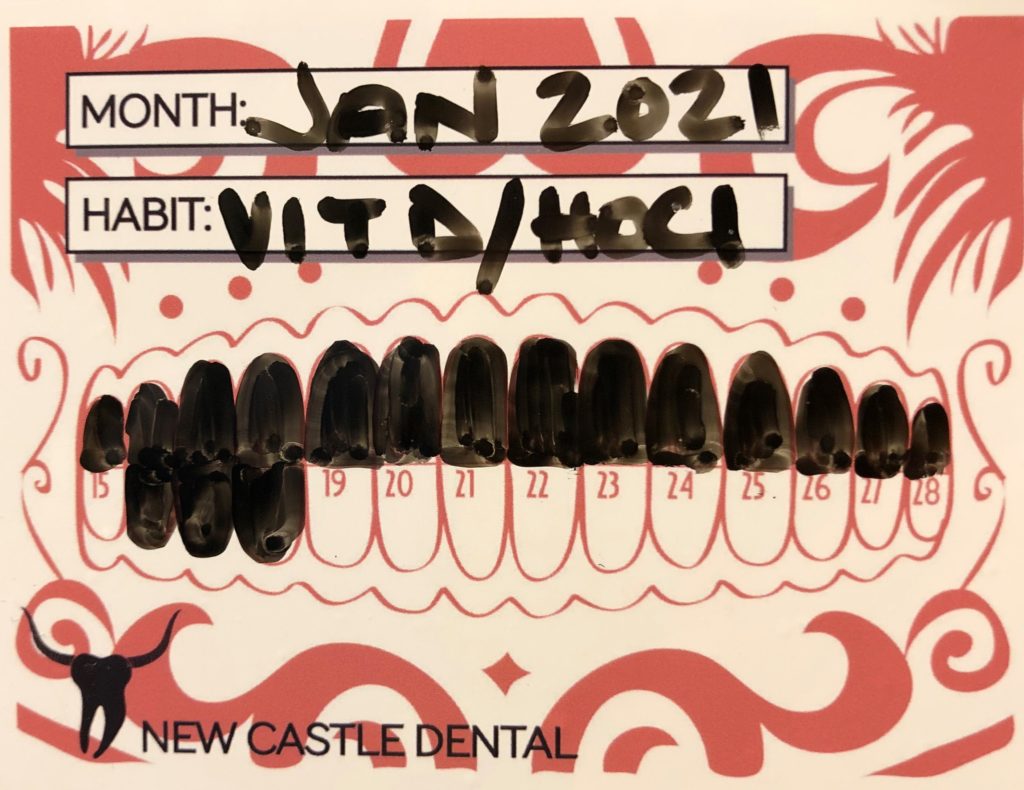
The use of the habit tracker allows us to see progress. For every day that Dr. Roper took her vitamin D, she was able to color in a tooth for the corresponding day! This month she missed one day, however she still took her vitamin D supplement 17 more times than she did before she started using the habit tracker. Progress, not perfection! Realistically, there will be days that are more challenging to complete even the smallest task, and it is important to remember that one day of missing the mark is still one day closer to where you want to be. The key is to keep working on it every day even if every day doesn’t work out the way you had hoped. Give yourself grace and adjust the goal to realistically meet your needs. If Dr. Roper had only filled in a few teeth maybe a more realistic goal would be to take the vitamin D supplement 3 times a week. Since Dr. Roper has been very close to taking her vitamin D every single day, she has a strong foundation to begin implementing a new habit!
______________________________
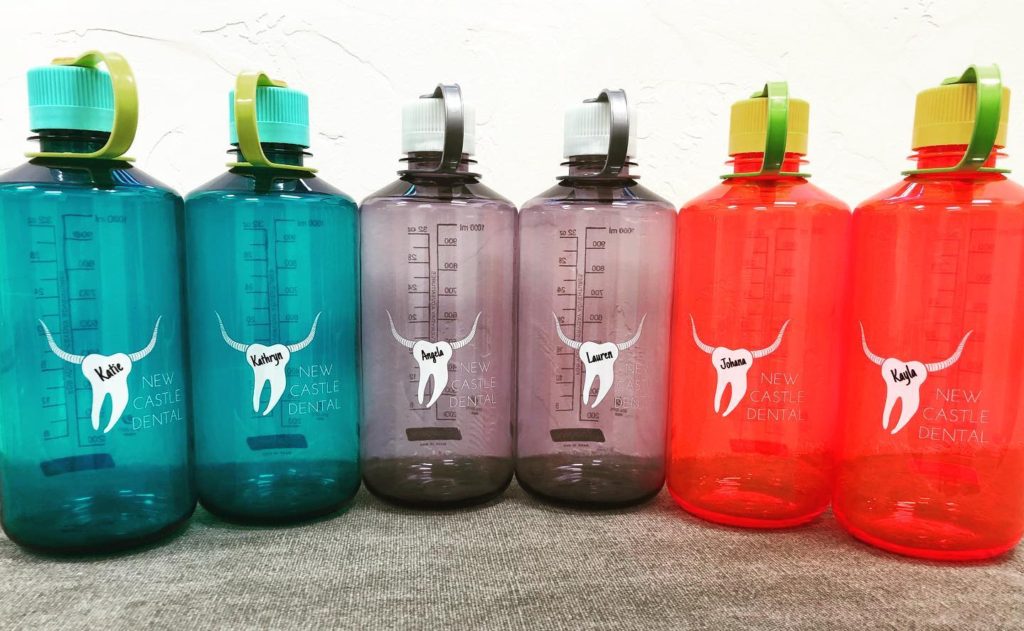
Late last year we had a water drinking challenge in our office. I, unrealistically, set the goal for each team member to drink 2 nalgene bottles of water every day during the month of September. At the end of September I reviewed our water drinking log and realized that most team members were unable to complete the 2 bottle requirement of the challenge. Even though team members had consumed more water, drinking 2 bottles a day was a bit unrealistic considering the amount of time spent with patients, continual mask wearing, and extra PPE. In October, we did the challenge again. This time I adjusted the goal to drinking one bottle per day and we had greater success! In fact, once we adjusted this goal and made it more realistic every team member was able to drink one bottle of water per day. In September we made progress and began creating accountability around drinking water. In October we reached a realistic goal and created a strong foundation for implementing another habit or change! Over the last 3 months this habit has stuck and we’ve all begun to build upon it in our own unique way!
______________________________
When you come into our office for your routine exams and cleanings let us know what your goals are, what habits you’d like to create, which changes you’d like to make, and how we can help. Ask us for a habit tracker! Our staff will be happy to provide you with one and we will even follow up at your next visit to see how things are going and how we can help you make adjustments or build upon the strong foundation you’ve created.
